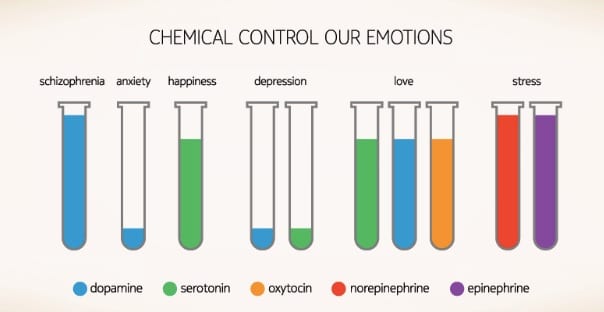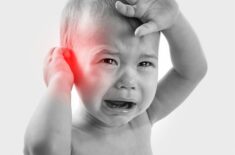Our entire personality, our energy level, and how we cope is hormonal.
– Sandra Tsing Loh
Balancedhormone levelsare crucial formental, emotional, and physicalwell-beingand highquality of life.
Hormone imbalancecan lead to a variety of symptoms like:
- mood swings/moodiness/mood disorders
- irregularmenstrual cycle
- panic attacks
- weight gain/weight loss
- difficulty concentrating/brain fog
- mental illness/mental disorders
- memory loss
Our psychology is our biology.
That means that the chemicals and molecules our body produces directly impacts how we think, how we feel, how we interact with others, how creative we are, and how we perceive the world around us.
It’s crucial to address any hormonal imbalances and discover the root cause of the situation before mild symptoms become more serious issues.
What are hormones?
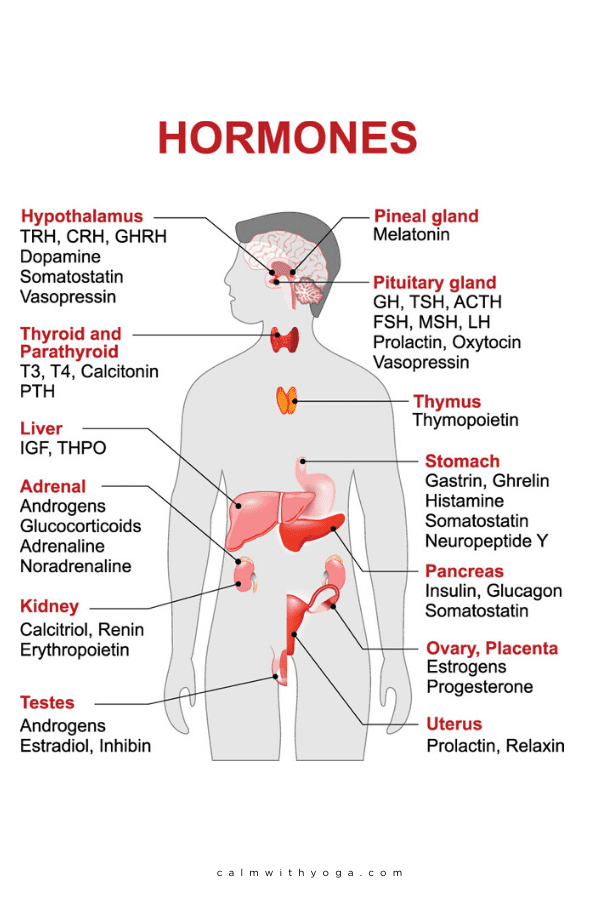
Hormones are a type of bodily ‘chemical messengers’; they are signal senders.
They can be considered the biochemical correlates of our emotions and moods:
Hormones are produced by the glands of the endocrine system.
For example the hypothalamus, the pituitary gland which produces endorphins, the adrenal glands which secrete noradrenaline, and the thyroid gland.
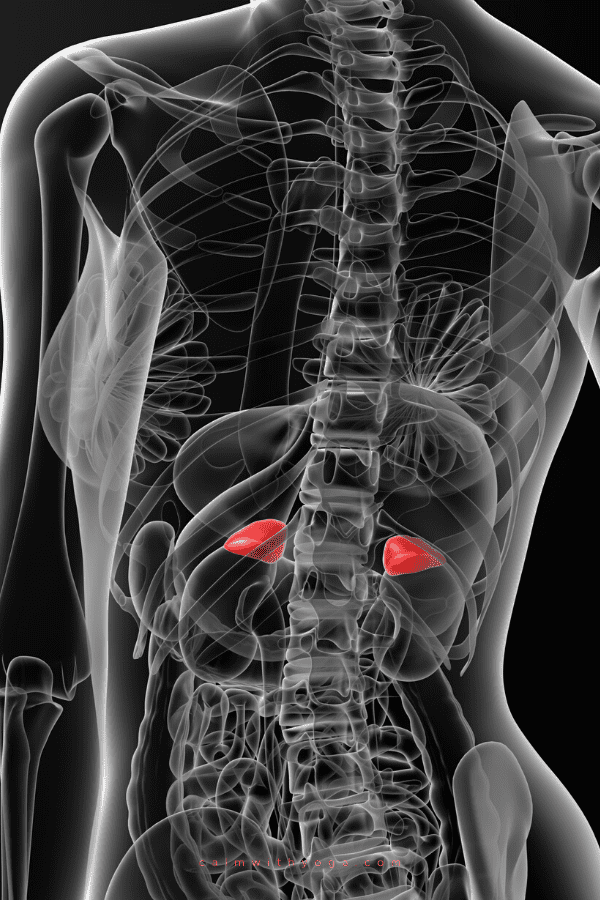
There are different hormones for different functions for example:
Sex hormones:
The two main ones are testosterone (produced by the testes) and estrogen (produced by the ovaries).
If you havelow levelsof either hormone you may experiencelow libidoand also surprisingly,mood changes.
Stress hormones:
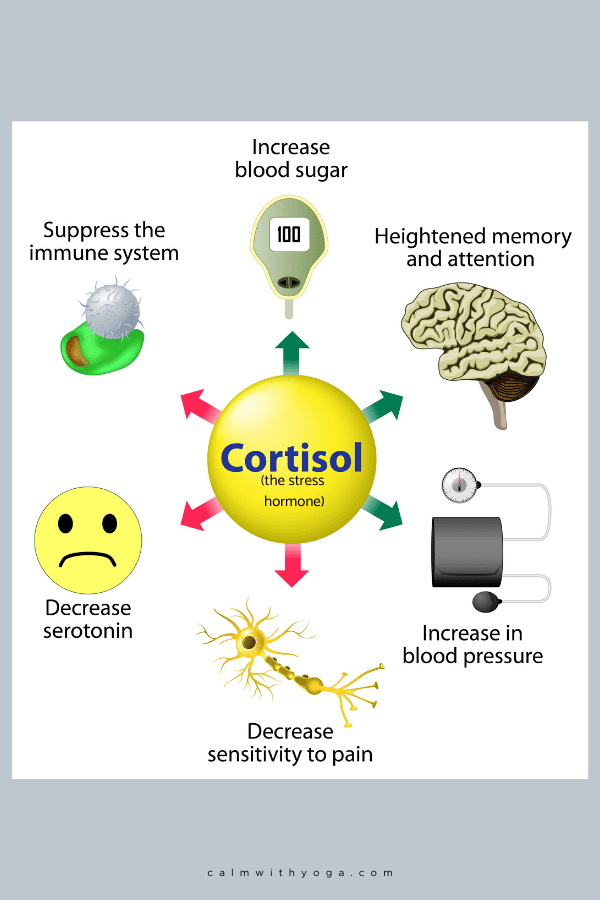
Yournervous systemand hormonal systems work together through a mechanism called the HPA axis to producestress hormonessuch as cortisol and adrenaline.
These hormones are meant to mobilize energy in your body to prepare you to fight or flee from dangerous or stressful situations.
The problem with most of us today is that we activate this stress response too much and don’t give our bodies time to recover.
Having too high a level of these hormones can lead tohealth problemssuch as heart disease, chronic inflammation, and other degenerative diseases.
Female Hormones:
The two mainfemale hormones(akareproductive hormones) are estrogen and progesterone.
The adrenal glands and ovaries also produce a small amount of testosterone.
Hormonal changesoccur throughout the big stages of a women’s life cycle.
Estrogen is a key element of puberty,menstrual cycles, pregnancy, and menopause.
It also impacts other body parts like for example your brain, cardiovascular system, bones, and muscles.
Estrogen levelsfluctuate more when a woman entersperimenopause- the pre-menopause period.
Perimenopausalwomen experienceemotional andphysical symptomslike anxiety, insomnia,hot flashes,night sweats.
Disorders & Syndromes Commonly Caused By Imbalanced Hormones:
Premenstrual Syndrome(PMS):
Symptoms that occur after a woman’s ovulation up until her period.
They include increased hunger, food cravings,moodiness, fatigue, tender breasts, bloating, and irritability.
Premenstrual dysphoric disorder(PMDD):
Symptoms are much more severe than PMS and include extreme fatigue,brain fog,severedepression, anger, rage, or anxiety.
Postpartum Depression:
It’s normal for women to experience mood fluctuations after giving birth as the body goes through a great deal before, during, and after labor.
In some women, symptoms may worsen and be prolonged.
Symptoms include difficulty bonding with the baby, insomnia, loss of appetite, and intense anger or reactivity.
Hyperthyroidism& Hypothyroidism:
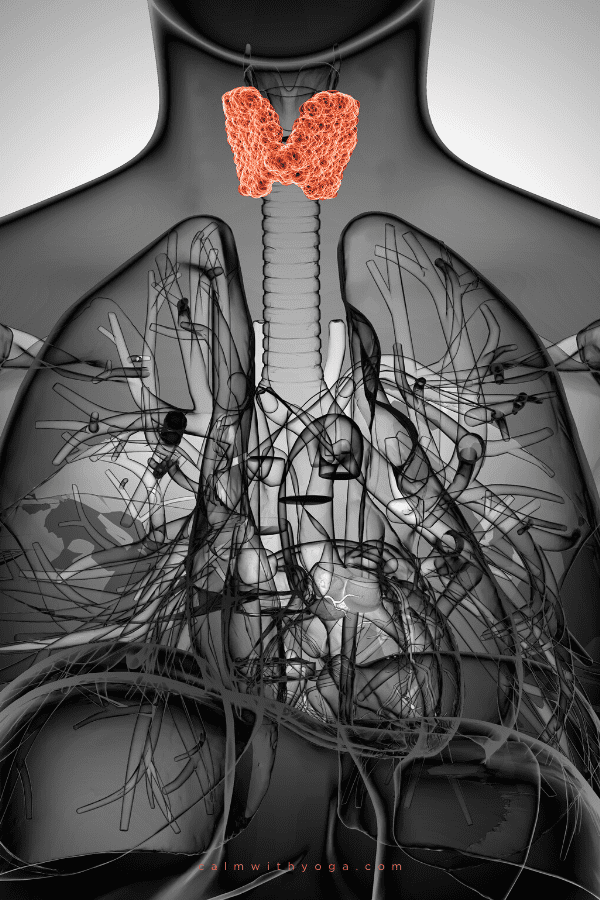
The thyroid is a gland that sits at the front of the neck.
Thyroid hormoneshelp keep the brain and body healthy.
Hyperthyroidismrefers to an excess of hormone production that speeds up bodily processes.
This can make you feel jittery and anxious.
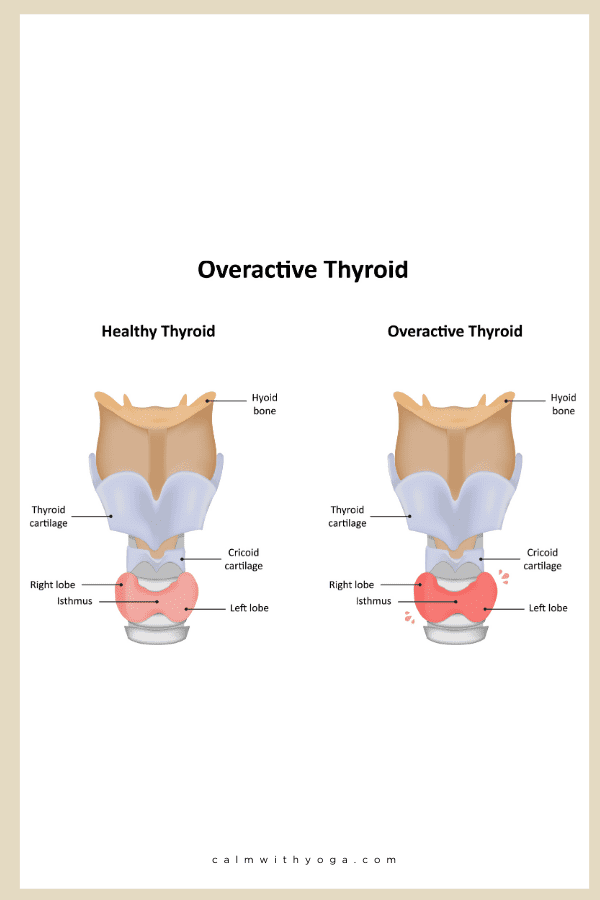
Hypothyroidism refers to a deficiency in hormone production which slows body processes down.
This can make you feel tired, foggy, and lethargic.
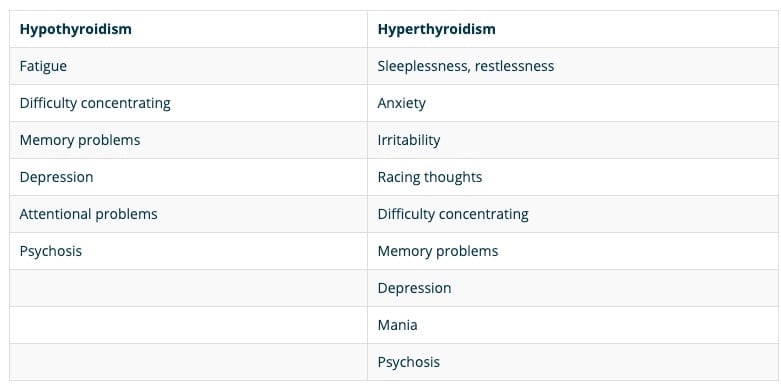
Polycystic OvarySyndrome:
This occurs when the ovaries become enlarged and grow tiny cysts on the external areas.
Symptoms include irregular or missed periods, facial hair growth, acne, andweight gain.
5 ways to naturally balance hormones and feel chill AF:

The following are simple, doablelifestyle changesthat can help you re-balance your hormones,nervous system, and body intelligence.
Remember that most of us tend to have higher than normalstresshormonelevels.
This creates a chain reaction that impacts other bodily systems and hormones.
That’s why it’s imperative you learn to self-soothe, self-nurture, self-regulate.
1. Manage your stress and emotions
2. Breathe deeply and intentionally.
3. Meditate regularly.
4. Practice yoga or simply just move your body.
5. Ensure consistent and proper sleep.



